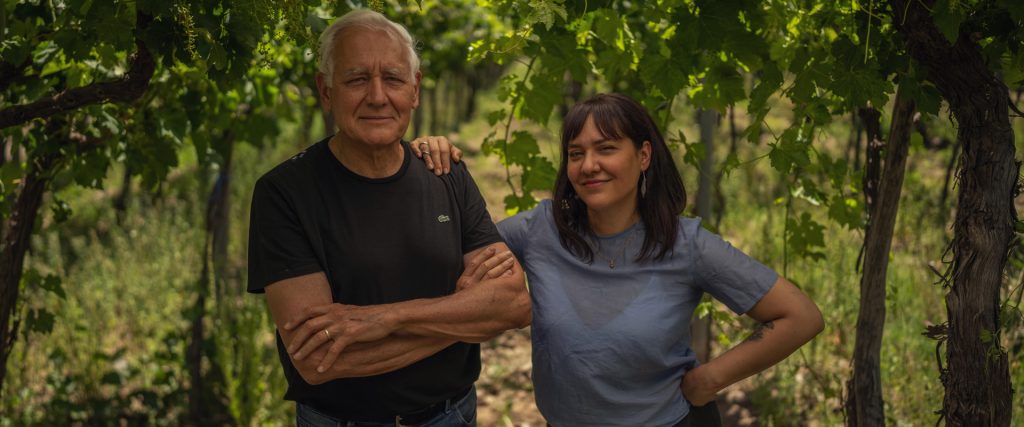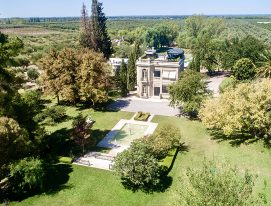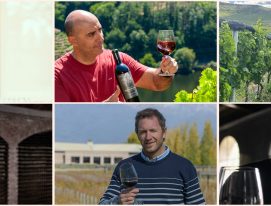On the Mendoza wine scene, Bodega Clément combines expertise with oenological quality and a deep commitment to the land and their local community. Bodega Clément are a family enterprise founded by Carlos Clément, a Cuyo businessman with a great passion for wine and love of nature.
His restless spirit and connection with the land inspired him to venture into planting vineyards in the east of Mendoza. Thus Finca “La Cielito” was born in Santa Rosa, the beginning of a project that has now grown to span 260 hectares. The family project was strengthened by the addition of his daughter Lis, a specialist in viticultural marketing and communications. Carlos and Lis and their committed team decided to buy an old winery in Junin, an historic local landmark, refurbished it and have made it the birthplace for their high-end wines. The winery has an overall capacity of 10 million liters and is equipped with the latest technology.
Bodega Clément: the path to a sustainable future
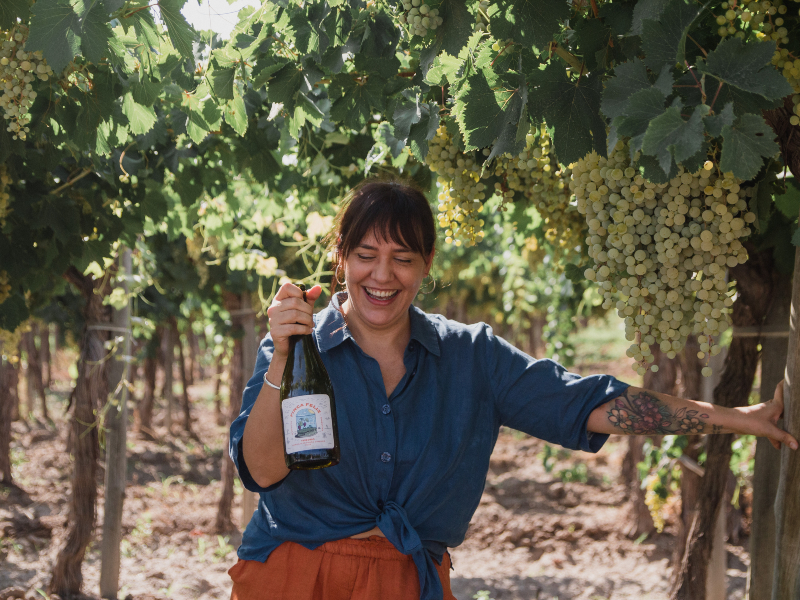
“We were winegrowers for 22 years before we bought the winery. But then we decided to take the next step: winemaking,” explains Lis Clément. “Three years ago, we started the organic certification process and next year we’ll have our first organic crop,” adds the agricultural engineer Marcos Fondini. But their vision goes further: “To us, sustainability means ecological agriculture.”
Their approach involves far-reaching changes to existing methods in order to foster biodiversity, focusing on the efficient management of water and minimizing chemical usage. The heads of Bodega Clément believe that it’s the only way forward. “We can’t go on working the way we have. We are fully aware that we need to leave a beneficial footprint for future generations,” Marcos explains.
The goal of sustainability
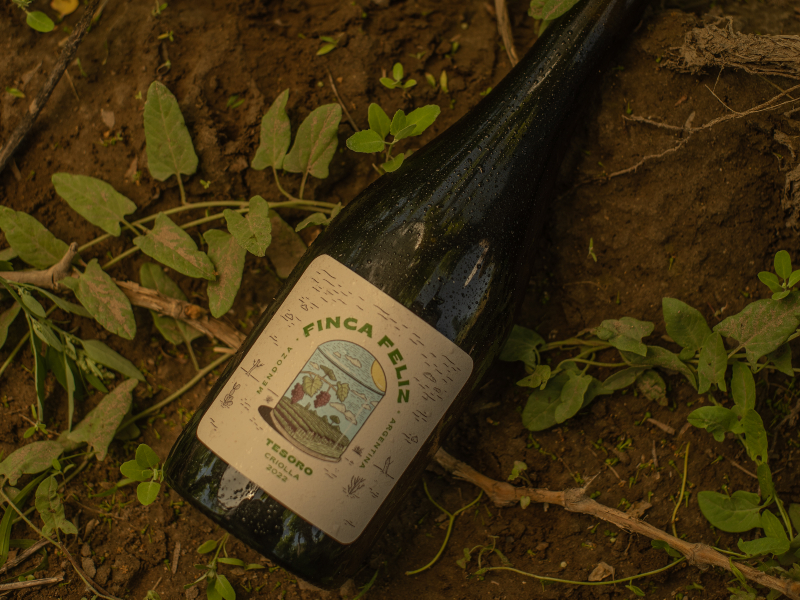
In 2005 Bodega Clément earned certification for their Letis organic vineyard. However, Lis remembers that “There were many risks to being pioneers.” At the time, organic grapes earned lower prices than conventional ones so they had to give up their certification. “Twenty years later, the situation is completely different,” she says.
The transition to ecological agriculture hasn’t been easy, but Lis emphasizes how committed the winery is. “The most important aspect of the change is for the directors, the owners, to keep open, flexible minds.” She runs the winery with her father and shares her vision with the rest of the team. They respond in many different ways. “Sustainability isn’t just a marketing plan for us. Of course, there’s an added value when you sell the product but it’s actually a long-term commitment. For the next harvest, we’ll have 50 hectares certified. The remaining 210 are transitioning to an ecological model.”
Said model, they say, means changing established practices, adding new ones, changing supplies, enhancing biodiversity and tending to the life in the soil. “We decided to adopt a more complex, holistic production approach. It is very important to us to be sustainable that way. That’s our philosophy: sustainability through ecological agriculture. We often see people say that sustainability involves energy and water efficiency but that’s just the beginning. The ideal would be for sustainability to be more complex than that: biodiversity among plants, animals, insects, and changing resources is fundamental. I can’t just boast about my efficient use of water and energy, I need to do more,” says Marcos.
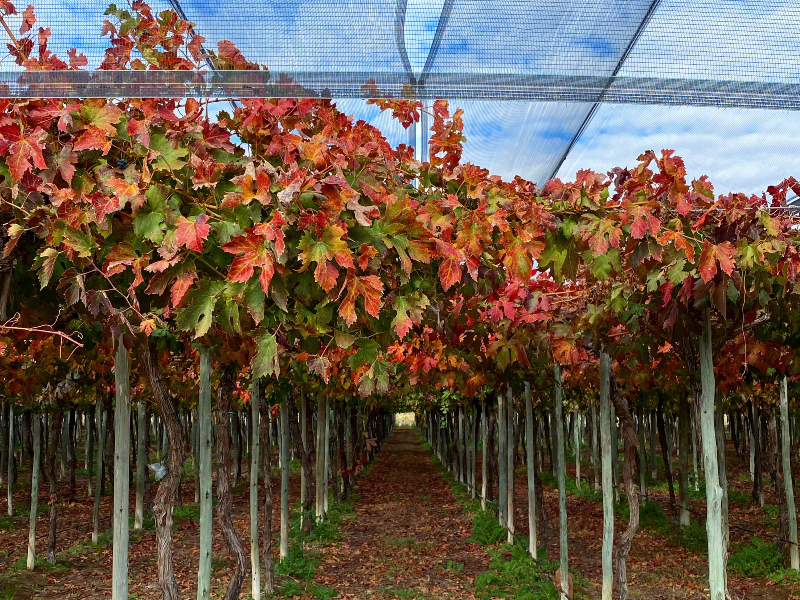
They list a range of measures: setting aside hectares as biological corridors – with clearance that respects the indigenous flora and fauna – and reducing yields to achieve the right balance. “We need to be both productive and profitable.”
They have thus designed a composting plant for the winery must with the goal being to compost all the winery’s waste within two years. Another measure is to encourage insects to come into the vineyard for pest control, installing insect “hotels” so they stay during the cold season. This also enhances plant diversity (especially flowers).
They also say that efficient use of water is very important, with 100% of the vineyards employing drip irrigation and brand-new equipment. In addition, Bodega Clément have an agreement with the Municipality of Junín to recycle materials from the winery (especially plastic), which will then be used to make plastic wood objects, contributing to the circular economy.
With the support of Wines of Argentina, the winery is involved in a technological waste recycling program. They will soon start a tourism project that will make Bodega Clément the first vegetarian winery in Argentina, reflecting the life choices of Lis and her husband Lucas. They’re both vegetarian and fully aware of the carbon footprint of intensive livestock farming.
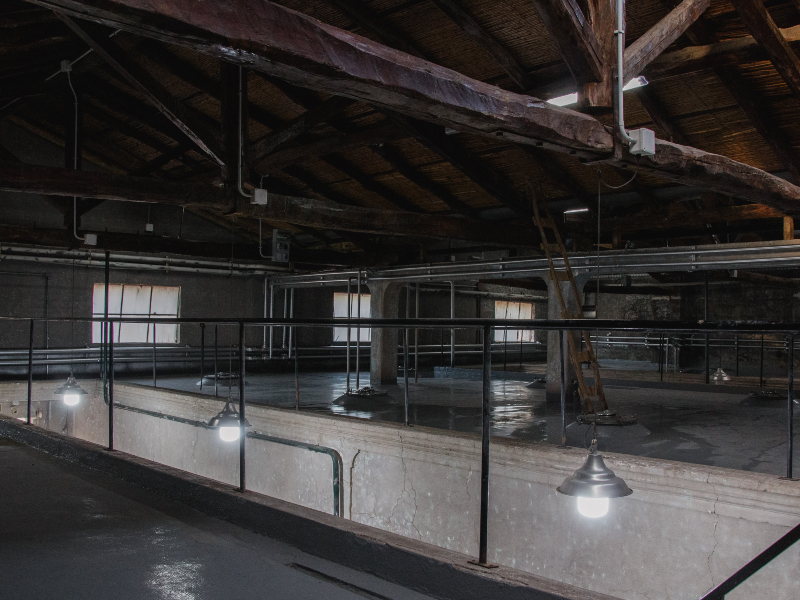
The winery has also stood out for their commitment to the local community and their employees. They offer education programs – with scholarships for the children of employees and training for adolescents studying at nearby secondary schools, as well as giving talks about health, education and home economics. The Cléments have thus established themselves as an organization that is mindful of their surroundings and their “most important capital”: their workers.
In the commercial sphere, they say that the focus on sustainability has opened the doors to international markets. “So far, we’ve exported to six different markets,” says Lis Clément happily with regard to Finca Feliz, their line of ecological, low intervention wines, saying that a new line will be coming out soon to increase their competitivity due to greater volume.
She ends with a reflection on the future: “Any product or production chain that doesn’t have a sustainability plan is doomed… they’ll go obsolete in the short term.”

